Location: Chemistry & Physics Building, Room 130,
700 Planetarium Place, Arlington, TX 76019
Mailing address: P.O. Box 19065
Phone: 817-272-3171
Fax: 817-272-3808
Email: chemistry@uta.edu
Research
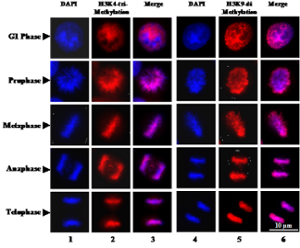
Chemical Biology
Graduate and undergraduate research in biochemistry and chemical biology is one of the fastest expanding areas within the UTA Department of Chemistry Biochemistry. By its very nature, chemical research relevant to human disease states and fundamental life processes lie at the interface of chemistry and biology. Consequently, graduate students within this division receive an interdisciplinary training to provide multiple avenues of interrogation for their research. Specific areas of specialization include mechanistic enzymology, spectroscopy, epigenetics, bioanalytical method development, computational modeling, and biologically inspired synthesis.
Buonomo | Chowdhury | Dong | Foss | Heo | Johnson-Winters | Mandal | McFarland | Nam | So
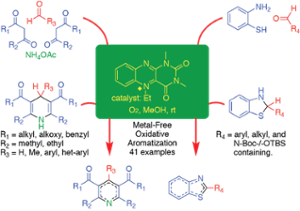
Sustainable Chemistry
Sustainability – research, education, and community outreach – is a broad, innovative, and impactful discipline spanning the University. Departmental research is focused on many themes: renewable energy, green synthesis, environmental analysis and remediation, and the study of environmental impacts on human health and nutrition. Specific activities include the development of analytical methods of detection in various geospheres and the biosphere; catalysts for renewable energy, remediation, and sustainable syntheses; and green chemical processes. These research and teaching efforts aim to reduce our impact on the environment while meeting the growing societal needs for functional materials, which have the potential to maintain and enhance human-wellness throughout the global community.
Armstrong | Dasgupta | Foss | MacDonnell | Rajeshwar | Schug
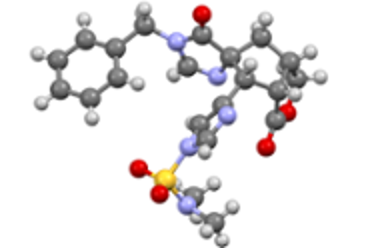
Molecular Design
Driven by the desirable and valuable applications that may arise from the construction of novel molecular entities, such as new therapeutics or technological devices, numerous research groups in the department pursue the art and science of de novo chemical synthesis. Molecular targets include non-natural biomimetic, organic, and organometallic molecules; natural products and coenzymes; and macromolecular materials. During our explorations, the fundamental science at the core of this research advances the frontier of synthetic methodologies. Several parallel and intertwined goals drive current research: the discovery of efficient synthetic strategies; the creation of natural and non-natural bioactive molecules; molecular tools for investigating cellular function; catalysts with functions related to energy and improved use of natural resources. Members of the department focus on the ability to design and create molecules, as well as analyze the fundamental and often unusual properties of these new materials
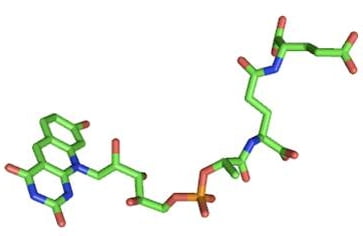
Chemical Catalysis
Experimental and computational work in chemical catalysis aims to provide a fundamental understanding of the structural and/or chemical factors driving catalytic processes. Several faculty in the department are currently working on the development mechanisms (kinetic and chemical) with applications for industrial processes, biological systems, and small molecule synthesis. Specific areas of specialization include biological oxidation of sulfur metabolites, O2-and redox dependent biotransformations, carbon-carbon bond activation, and organometallic small molecule transformation.
Dias | Foss | Jeon | Johnson-Winters| MacDonnell | Nam | Park
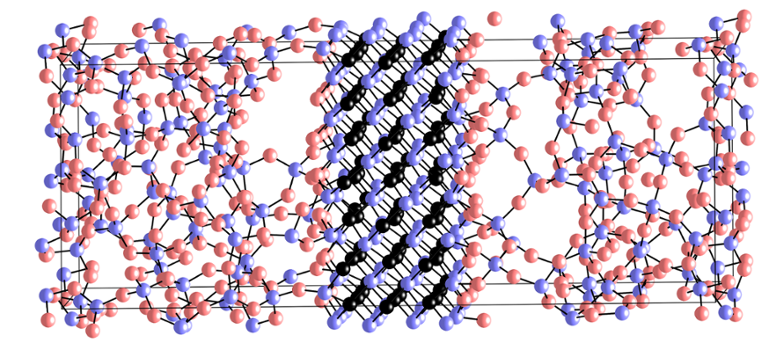
Materials
Synthesis and characterization of materials ranging from functional magnetic, optical and electrical crystalline materials, amorphous glasses to novel antibiotic compounds.
Armstrong | Dong | Kroll | Macaluso | McFarland | Park
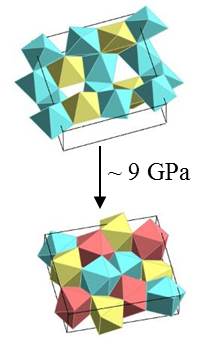
Computational Chemistry
Computational chemistry at UTA covers a broad range of topics from high temperature materials to protein folding.
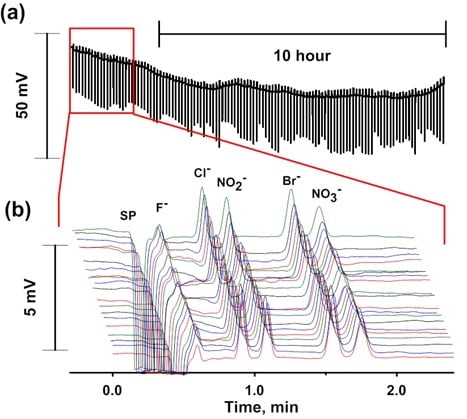
Separation Science
We have a diverse array of separations projects in the department, with environmental, pharmaceutical, and diagnostic groups at work here at UTA.